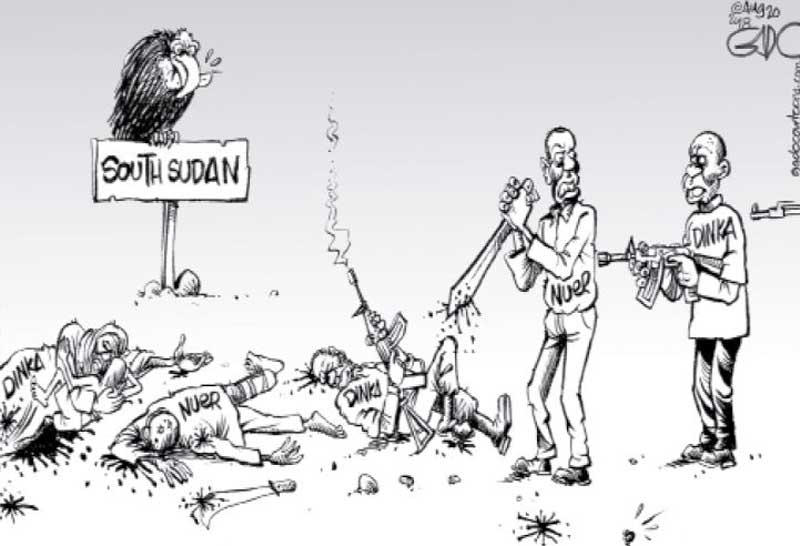×
The Standard e-Paper
Kenya’s Boldest Voice

Former United Nations (UN) Secretary General Kofi Annan departed the stage on Saturday. Annan served as the UN Secretary General between 1997 and 2006, leaving behind a rich legacy of peace building among nations besides championing human rights, especially in countries where incumbent governments cracked hard on resurgent opposition parties calling for bigger democratic spaces and accountability.